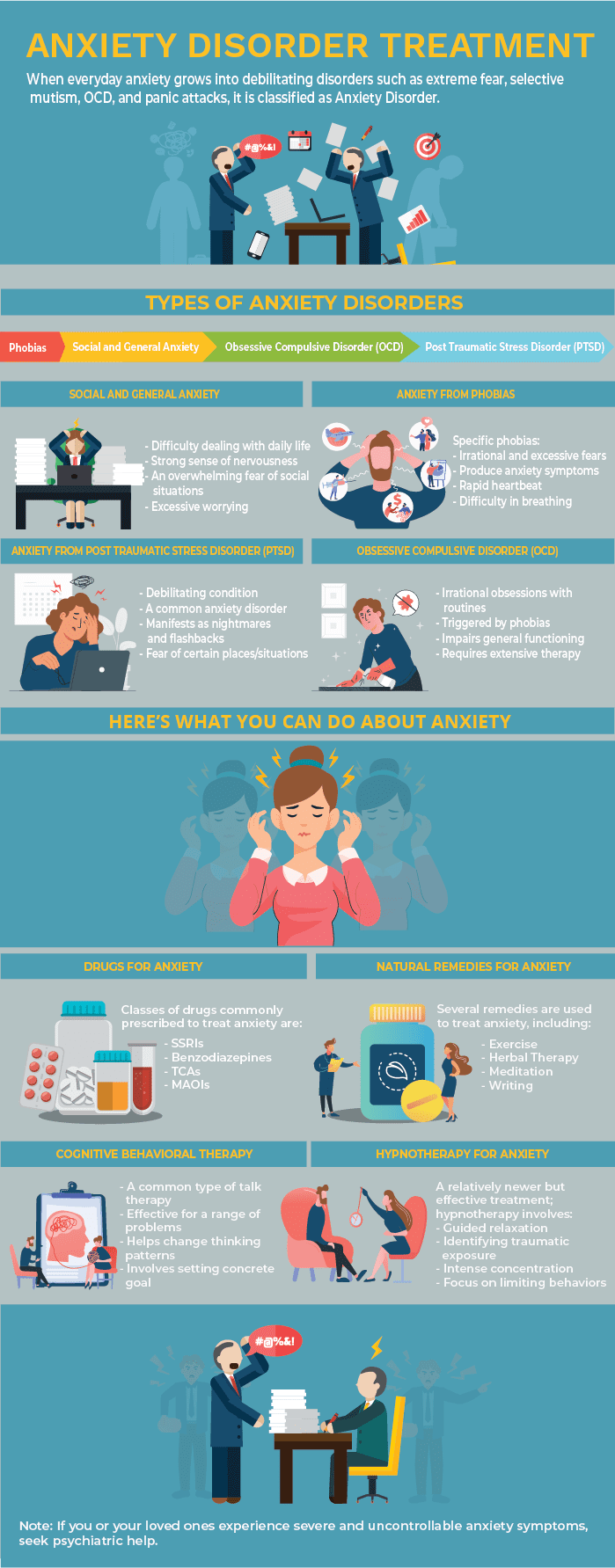Every person will feel anxious at some point in their lives. It is because anxiety is a physiological stress response. Your Sympathetic Nervous System (SNS) activates in stressful situations, which kicks off a hormone rush. When you feel anxious, what you’re experiencing is your body going into “fight or flight” mode.
Now imagine an amplified stress response, feeling on edge in situations that are not generally viewed as apprehensive. In other words, a dysfunctional stress response that takes over your daily life may be an anxiety disorder. Anxiety disorders are very different from mild anxiety. For example, one may be able to deal with everyday stress through meditation and breathwork. However, an individual with chronic panic disorder may not be able to control their thoughts and actions without extensive therapy.
So, how do you figure out if your heart racing is a panic attack? There are tons of self-assessment tools and tests available online. They may be a great starting point to determine whether you need to see a mental health professional. However, they are not a substitute for a professional diagnosis based on DSM-5
There are several types of anxiety disorders, and more often than not, they may overlap. In addition, the coronavirus pandemic has taken a toll on the mental health of a large number of people and has worsened pre-existing mental health conditions for many.
Anxiety disorders are overwhelming and may seem like something you’ll have to struggle with forever. But the truth is, with appropriate treatment, recovery is possible.
Here’s a quick guide on major types of anxiety disorders and common treatment strategies.
If you or someone you know experiences mental health issues, it is important to seek help from a qualified professional. Our Resource Specialist can help you find expert mental health resources to recover in your community. Contact us now for more information on this free service to our users.
About the Author: Natalia Webster is the head of content for the EzCare clinic, a medical clinic that provides world-class health care services. She has been associated with the healthcare industry for 10+ years and specializes in health care and medical content
Mental Health Month 2021
Access for All
May is Mental Health Month, a time to spread public awareness and education about mental health disorders and reflect on the impact of mental illness on individuals and their families.
It is also a time to recognize and commit to changing the racial and economic inequities in our health care system, particularly with respect to mental health.
www.rtor.org and Laurel House are committed to the advancement of racial equity and social justice, and to making mental health services accessible to all.
The opinions and views expressed in any guest blog post do not necessarily reflect those of www.rtor.org or its sponsor, Laurel House, Inc. The author and www.rtor.org have no affiliations with any products or services mentioned in the article or linked to therein. Guest Authors may have affiliations to products mentioned or linked to in their author bios only.
Recommended for You
- Reclaiming Your Future: Effective Strategies for Addiction Recovery - March 26, 2025
- Coping With Social Anxiety In School: Strategies For Success - March 24, 2025
- Overcoming Trauma and Living with Depression: A Journey of Healing - March 20, 2025







Thank you for sharing this useful information, Natalia! Identifying the anxiety disorder and its proper treatment are both equally important. You should not ignore the symptoms of severe anxiety and seek help from a professional to get your life back on track.
Thanks for sharing such a helpful and informative article. It really helps us in awaring people about anxiety. I think anxiety, depression, stress are the things that lead the person to mental disorder which is not a good thing. If someone has these things then I prefer they should consult with some good therapist who is offering their services in their related issues and are good at dealing with them. This helps them a lot to overcome their issue.